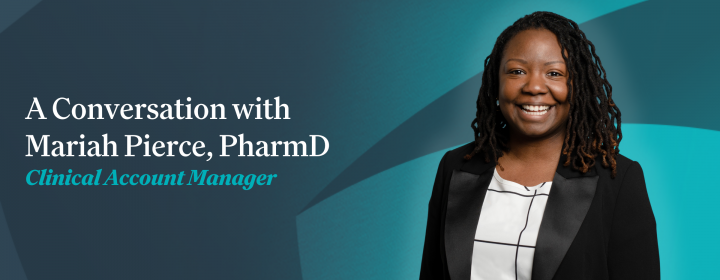
People diagnosed with diabetes incur on average about $19,700 annually in medical expenses. That’s about 2.6 times the medical expenses of a person without diabetes, according to the Centers for Disease Control.
As employers grapple with these costs, they often consider implementing a diabetes management program or app. Understanding diabetes is crucial to making an informed benefits decision. There are three myths about management of type 2 diabetes that can cause employers to either forgo diabetes management or select a program that is not a good fit.
Myth #1: Diabetes can be managed with diet alone.
While a restrictive diet alone may work for a small group of people, it’s not a sustainable solution for most people with diabetes. In fact, studies show that restrictive diets may initially produce results but no longer show the same effectiveness after 12 months.
Most patients need a multi-faceted approach, including regular exercise, stress-reduction strategies, and support from a health professional in addition to a change in eating habits.
Myth #2: Diabetes can be cured or reversed.
Treatment may cause type 2 diabetes to go into remission, but it cannot be reversed or cured. Remission does not mean diabetes has gone away. Patients still need to manage glucose levels with lifestyle measures and regularly check those levels.
Remission is when a person’s A1C (or blood sugar) is less than 6.5% three months or more after stopping diabetes medications.
Long-term success in managing diabetes requires diabetes education and adjustments in diet and exercise.
Myth #3: There is one right formula for managing diabetes.
Each person has different motivators, lifestyle factors, and overall health picture. Effective change requires an individualized management strategy. The plan and goals for a 35-year-old mother with no other diseases will differ from the plan for a 50-year-old single man with coronary artery disease.
Programs that offer one-on-one care and coaching produce better long-term outcomes for boosting health and lowering spending. While apps that track blood sugar, diet, and exercise can be useful, the data tends to exist in a vacuum. Qualified clinical coaches can answer questions about the right way to take medications, offer tips for handling any hypoglycemic incidents, and help patients learn to manage other issues, such as high blood pressure or cholesterol, in tandem with diabetes.
Explore a Holistic Diabetes Management Program for Your Team
True Rx Health Strategists offers a Diabetes Management Program that includes one-on-one visits with a clinical pharmacist and personalized action plans. Employers only pay for plan members who actively participate, calculated per patient, per month. To learn more about this program, contact Michele Reeling at michele.reeling@truerx.com.








